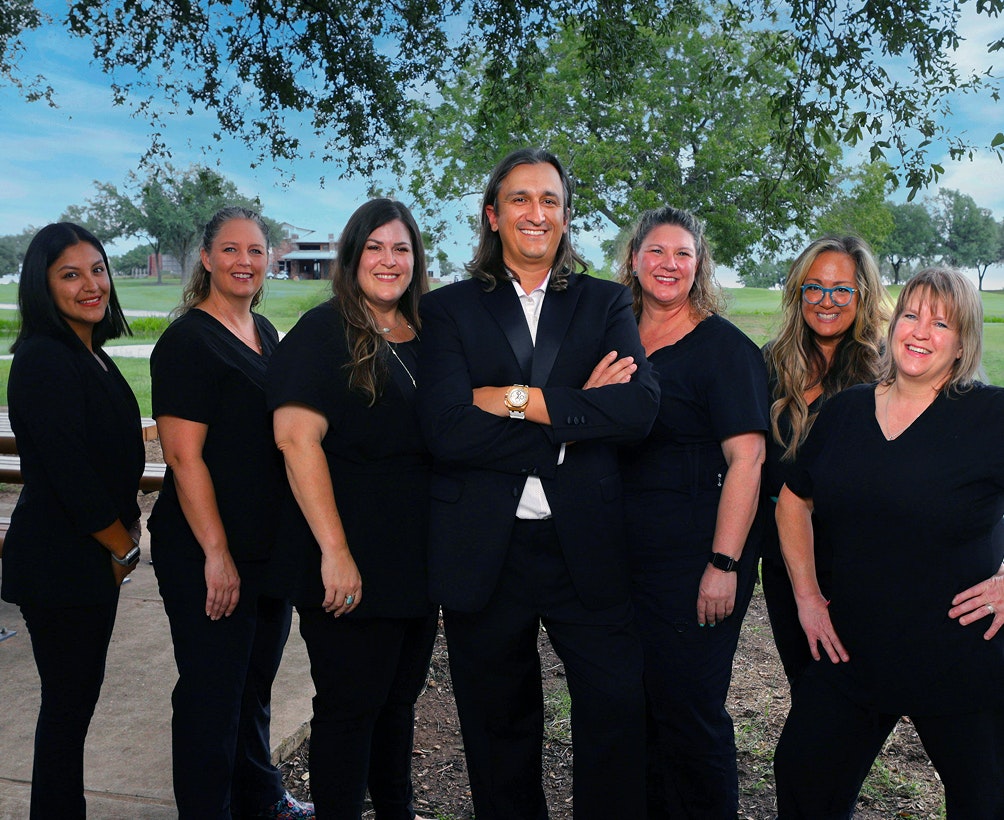Why Should I Replace My Missing Tooth?

Losing a tooth can feel like a minor inconvenience at first. You might think, “It’s just one tooth; I can live without it.” Particularly if it’s a tooth that’s not fully visible when you speak, laugh, or smile. However, the issues of leaving a gap in your smile go beyond aesthetic concerns. In fact, neglecting to replace a missing tooth can lead to a cascade of issues affecting your oral health, overall well-being, and even your confidence. Read on to explore several compelling reasons why replacing a missing tooth is essential.
Bone Loss: A Hidden Consequence
One of the most significant issues that arise from tooth loss is one that you may not be aware of for some time. Bone loss in the jaw surrounding the area the tooth was in. When a tooth is lost or extracted, the surrounding bone structure begins to undergo a process known as bone remodeling. Without the stimulation provided by the tooth and the pressure that comes from when you bite and chew, the bone in that area can start to deteriorate. Studies show that up to 50% of the bone volume can be lost within the first year after a tooth is lost.
This bone loss can lead to further complications, including the inability to support dental implants in the future. It can also result in changes in your facial structure that may give you an older appearance.
Shifting Teeth: A Domino Effect

Teeth rely on each other for support. When one tooth is lost, the adjacent teeth may begin to shift into the empty space. This migration can lead to misalignment, bite problems, and even the potential for the loss of more teeth. Shifting teeth can change your dental arch, making it harder to maintain proper oral hygiene and increasing the risk of decay and gum disease. As your remaining teeth shift, you may find yourself facing the prospect of needing orthodontic treatment to correct the resulting misalignment. Not only is this potentially costly but it could set you up for a significant amount of additional dental work down the road due to your teeth shifting.
Loss of Ability to Chew Correctly

Chewing is not just a part of being able to enjoy your favorite foods. Being able to chew correctly plays an important role in your overall health. When you lose one or more teeth, the remaining healthy teeth will compensate for the missing tooth or teeth. This can result in the overuse of certain teeth. This can, in turn, lead to increased wear and tear, discomfort, and even jaw pain. Over time, you might find it harder to chew certain foods. This can lead you to alter your diet. You may start to avoid eating steak or even crunchy apples.
In addition, the inability to chew correctly, due to having lost one or more teeth can result in inefficient food breakdown. This can impact your digestion.
The Potential for Digestive Problems
The long-term of missing one or more teeth can extend beyond your mouth. When you struggle to chew properly, you may find yourself swallowing larger pieces of food, which can lead to digestive issues. Problems such as gastroesophageal reflux disease (GERD), indigestion, and even ulcers can become a reality due to not being able to chew your food properly. The digestive system relies on thorough chewing to break down food correctly, and when this process is compromised, it can lead to a range of gastrointestinal issues.
Be sure to speak to your primary care doctor if you have been experiencing digestive issues so that you can rule out any other potential concerns.
Aesthetic Concerns and Facial Structure Changes
Beyond the functional problems that you’ll experience after losing one or more teeth, the aesthetic implications of a missing tooth can be significant. A gap in your smile can take a toll on your self-esteem and the way others perceive you. You may feel embarrassed or self-conscious about the appearance of your smile. You may avoid laughing or smiling and may even start to avoid certain social situations. This could lead to anxiety and even depression. Replacing a missing tooth can help restore not only your smile but also your self-confidence and social interactions.
Over time, the loss of bone in your jaw can lead to a sunken facial appearance, often likened to the look of aging. This change can alter your facial expressions, making you appear older than you are. Many people are surprised by how much a single tooth can influence their overall appearance and confidence.
Speech Difficulties You May Not Have Expected
Your teeth play a role in your ability to speak clearly and enunciate your words. When you lose a tooth, particularly one in the front of your mouth, you may experience changes in how you articulate words. The absence of one or more teeth can result in gaps that disrupt the airflow needed for certain sounds, leading to slurring or difficulty pronouncing specific words. This change can be frustrating and may impact your social interactions and professional opportunities.
Options for Replacing a Missing Tooth
If you’ve lost one or more teeth, there are several effective solutions for replacing a missing tooth. The most common options include:
- Dental implants: A titanium post is surgically implanted into the jawbone, serving as a root for a crown. Implants are durable and offer a natural appearance and function.
- Dental bridges: This option involves anchoring a replacement tooth to adjacent healthy teeth. Bridges can effectively fill the gap but may require altering neighboring teeth.
- Dentures: For multiple missing teeth, dentures can be a viable solution. While they can restore function and aesthetics, they may not offer the same level of comfort or stability as implants.
The importance of replacing a missing tooth as soon as you are able cannot be overstated. From preventing bone loss and maintaining proper dental alignment to preserving chewing function and avoiding digestive issues, the implications are far-reaching.
Additionally, the aesthetic and psychological benefits of restoring your smile are invaluable. Whether through implants, bridges, or dentures, taking steps to replace a missing tooth is an investment in your health, confidence, and overall quality of life. Don’t wait—call to make an appointment so that you can discuss your options and take the first step towards restoring your smile and your confidence levels.



